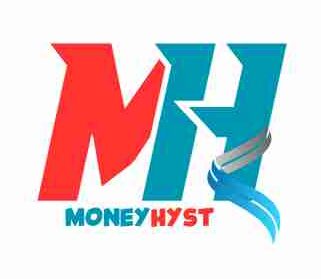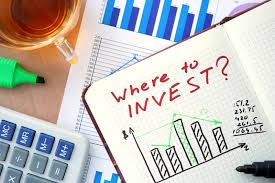Personal finance is a critical skill that impacts every aspect of your life. Whether you’re looking to get out of debt, save for retirement, or grow your wealth, the right guidance can make all the difference. Books are a great way to gain insights from financial experts who have mastered the art of money management. This guide explores some of the best personal finance books that can help you achieve your financial goals.
Table of Contents
- Why Read Personal Finance Books?
- “Rich Dad Poor Dad” by Robert T. Kiyosaki
- “The Total Money Makeover” by Dave Ramsey
- “Your Money or Your Life” by Vicki Robin and Joe Dominguez
- “The Intelligent Investor” by Benjamin Graham
- “I Will Teach You to Be Rich” by Ramit Sethi
- How to Choose the Right Book for You
- Conclusion
Why Read Personal Finance Books?
Personal finance books provide a wealth of knowledge and practical tips for managing your money effectively. Here are some key reasons to read them:
- Learn Proven Strategies: Books by financial experts offer time-tested advice that can save you from costly mistakes.
- Improve Financial Literacy: Understanding concepts like budgeting, investing, and debt management is essential for financial success.
- Motivation and Inspiration: Stories of individuals who overcame financial struggles can inspire you to take action.
- Tailored Advice: With books covering a wide range of topics, you can find one that addresses your specific financial challenges.
Reading personal finance books is an investment in your future, providing the tools you need to make informed decisions.
“Rich Dad Poor Dad” by Robert T. Kiyosaki
Key Lessons
- The Importance of Financial Education: Kiyosaki emphasizes the need to understand money beyond traditional schooling.
- Assets vs. Liabilities: Learn to focus on acquiring assets that generate income rather than accumulating liabilities.
- Entrepreneurship and Investing: The book encourages readers to think creatively about building wealth through business and investments.
“Rich Dad Poor Dad” is a classic that challenges conventional financial wisdom and inspires readers to rethink their approach to money.
“The Total Money Makeover” by Dave Ramsey
Key Lessons
- The Baby Steps: Ramsey outlines a seven-step plan to achieve financial freedom, starting with saving $1,000 for emergencies.
- Debt Snowball Method: Focus on paying off smaller debts first to build momentum.
- Budgeting and Discipline: The book emphasizes the importance of living below your means and sticking to a budget.
This book is perfect for individuals looking to eliminate debt and take control of their finances through a structured plan.
“Your Money or Your Life” by Vicki Robin and Joe Dominguez
Key Lessons
- Redefine Your Relationship with Money: The book encourages readers to view money as a tool to achieve personal fulfillment.
- Tracking Expenses: Learn to meticulously track spending and evaluate whether it aligns with your values.
- Financial Independence: Understand how to achieve a life where work is optional and financial worries are minimized.
This book is ideal for those seeking a holistic approach to money management that emphasizes mindfulness and intentional living.
“The Intelligent Investor” by Benjamin Graham
Key Lessons
- Value Investing: Learn to identify undervalued stocks with strong potential for long-term growth.
- Risk Management: Graham emphasizes the importance of minimizing risk through diversification and research.
- Investor Psychology: Understand how to avoid emotional decision-making when investing.
Known as the “Bible of Investing,” this book is a must-read for anyone serious about building wealth through the stock market.
“I Will Teach You to Be Rich” by Ramit Sethi
Key Lessons
- Automating Finances: Sethi advocates setting up automated systems to save and invest effortlessly.
- Conscious Spending: Spend lavishly on the things you love while cutting back on areas that don’t matter.
- Negotiation Skills: Learn to negotiate salaries, bills, and fees to maximize your financial potential.
This book offers a practical and modern approach to personal finance, making it an excellent choice for young professionals.
How to Choose the Right Book for You
With so many options available, it’s important to select a book that aligns with your financial situation and goals. Consider the following:
- Your Current Financial Challenges: Are you struggling with debt, saving for retirement, or looking to invest?
- Preferred Style: Do you prefer straightforward advice, in-depth analysis, or motivational stories?
- Author’s Credentials: Ensure the author has expertise and a proven track record in personal finance.
- Reviews and Recommendations: Look for highly rated books with positive feedback from readers.
Taking these factors into account will help you find a book that resonates with your needs.
Conclusion
Personal finance books are a treasure trove of knowledge, offering actionable advice to help you achieve financial freedom. Whether you’re looking to pay off debt, start investing, or build wealth, there’s a book tailored to your goals.
From the foundational lessons in “Rich Dad Poor Dad” to the investment strategies in “The Intelligent Investor,” these books provide valuable insights for every stage of your financial journey. Pick up one today and take the first step toward transforming your financial future.





